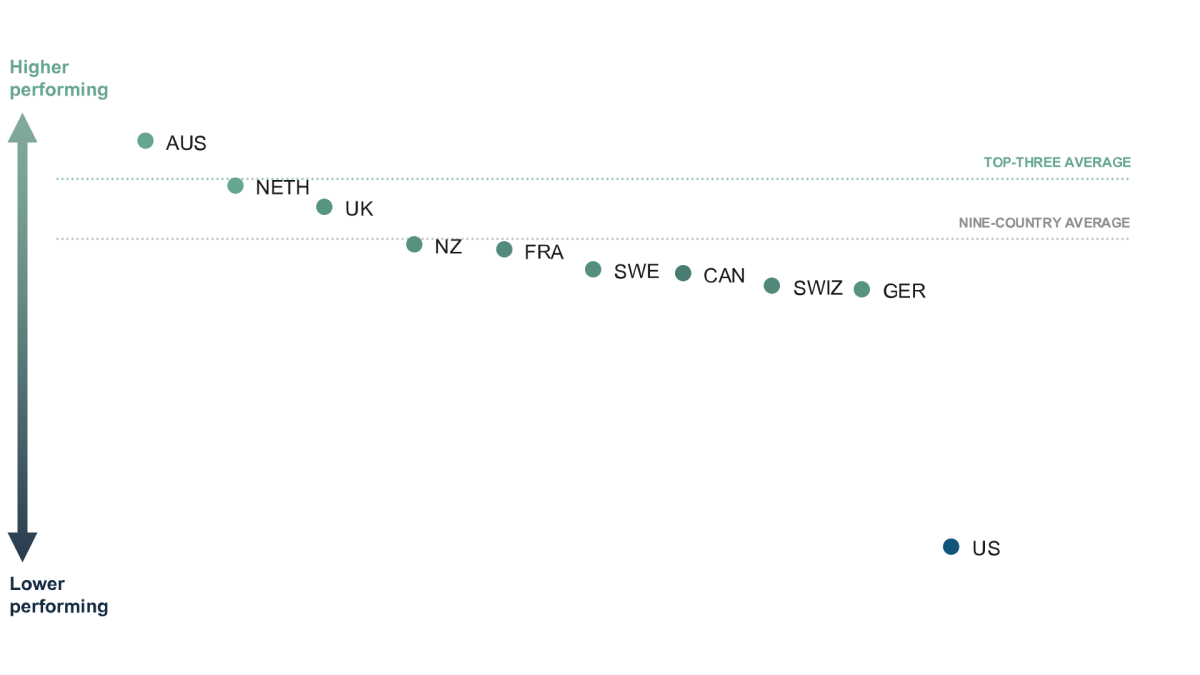Invisible disease infiltrating lives of students: Depression
(* Names have been changed)
It is dark, common, encompassing, damaging, internal, external, hereditary, triggered, draining, and dangerous. It is a serious medical condition that results in extreme sadness, hopelessness, and helplessness. It consumes the individual’s life, severely affecting their ability to function in a normal way each day. It is depression.
Ms. Paula Calitri, school psychologist, has been working at NK for 16 years, and has helped numerous students cope with depression. Depression has become more common among teenagers in recent years, with a sharp increase in diagnosis. “The reasons for depression are becoming more complex,” she said. “Life used to be simpler just ten years ago.”
The opportunities for depression to be triggered are increasing as academic stress and global crises escalate, accompanied by a lack of control. Divorce and poverty can lead to depression while anxiety and depression are intimately linked. However, it is both hugely hereditary and biological and does not always stem from an extreme misfortune. “There is so much feeding into a teenager’s life,” Calitri said. “Depression is a part of the big mix. It has the potential to be the perfect storm.”
As depression infiltrates adolescents’ lives, “it affects many area of their life, including their attitude, behavior, motivation, perspective on things, outlook on life, relationships, and academics,” said Calitri. Depression disturbs the emotional well-being of an individual.
Olivia*, senior has been living with depression since seventh grade. She pushed the idea away, not willing to believe that something so serious could begin in middle school. She was frequently stressed and unhappy when she had neither a reason nor a trigger. However, “it doesn’t mean I am unhappy all of the time,” she said. “There are definitely some times where it is more obvious than others, and other times when I am utterly happy.”
Yet these good days feel rare for her. “My bad days feel like normal days,” Olivia said, “but I’m used to them, so that makes it okay, right?”
She admits that not having a trigger only adds to the difficulty of dealing with her depression because she has no major life tragedy to account for her sadness. She believes that her depression developed gradually as a result of the constant application of unnecessary stress and pressure beginning at the tender age of twelve. “On a bad day sometimes the slightest, most insignificant bad news will crush me, making me believe that ‘nothing ever goes right,’” she said.
The “criteria” for a depression diagnosis includes a change in behavior over at least a two week period of time. “Depression is helplessness, hopelessness, isolation, giving up, and shutting down. It can look like anger,” said Calitri. “There’s a stereotype of depression being someone in bed crying with the covers over their head.” It can be disguised as anger, a symptom teenage males demonstrate more frequently than adolescent females. Depression is not always internal; it has the potential to be projected to the world as well.
Paul*, junior, has been suffering from depression since the beginning of high school but only recognized it a year ago. Like Olivia, there was no environmental trigger. “I usually feel tired and drained,” he said. “I often lose focus of what’s at hand and spend a lot of time thinking about negative things.”
He does occasionally experience good days, but there is a persistent voice at the back of his mind whispering that such happiness is temporary and “soon [they’ll] be feeling how [they] should again.”
In the summer Paul rarely feels depressed, indicating that school is the leading contributing factor. “I don’t like being around a lot of kids my age and having to pretend I’m okay,” he said. His depression negatively affects his relationships because “it’s hard to have a person want to be with you when you are so heavy all the time but you can’t just snap out of it – that’s not a choice.”
Additionally, Paul said that he struggles during the school year because he “spend[s] so much mental energy every day on depression alone that there’s little to no energy left for thinking about random academic things [he] don’t care about.”
Olivia, however, struggles the most with her depression at home, despite her wonderful family environment. “At school I at least have a set order of things to do, time to do it in, and limited distractions,” she said.
She knows that while she tries to keep a positive attitude in school, she is merely faking it. Being at home is challenging because she no longer feels the need to hide her true mental state.“My emotions during the school day are so preoccupied that it’s not until I’m in bed, exhausted, that I realize I only genuinely smiled a few times [that day].”
Individuals suffering from depression oftentimes want to disconnect from the world. They isolate themselves from their family and friends and, in doing so, they eliminate their support system. “They are withdrawing from their only help,” said Calitri. “Family and friends either pull away or are pushed away.”
According to Calitri, some students also give up on their academic work and could eventually stop coming to school, developing an “I don’t care” attitude, although it is crucial to recognize the difference between depression and behavioral problems.
“They have no goals and they see no future for themselves after high school,” said Calitri. “They are living for the moment but the moment isn’t even great so they think, ‘what is the purpose?’”
Nevertheless, depression is treatable and like most illnesses, the earlier one catches it, the easier it will be to overcome. Hormones settle down and reach a chemical balance as a person emerges from their teenage years, moves past significant life changes, makes decisions concerning their future, and gains more control of their life. “If [a teenager] recover[s] there can be no major effects but they could be more prone to slipping back into depression,” said Calitri.
As a psychologist, Calitri “presents other perspectives and options that [students] cannot see [because] they oftentimes have a tunnel view.” She encourages them to look for the positive aspects of life and teaches them coping skills such as relaxation and self-talk, or optimistic phrases.
Additionally, Calitri helps them find and establish support systems “who can do things with them and engage them.” Some students may require consultation with a doctor in order to receive medication and counseling.
Despite the constant pain that is depression, Olivia has learned how to cope with the daily challenges that her condition presents. “I try to look on the brighter side, plan ahead so I am happier for the future, and get everything done so I have time to relax,” said Olivia. “At the end of the day, we can’t control all of our emotions, but ‘fake it till you make it’ actually does work. You start believing that you are happy and then the happiness becomes possible.”
Your donation will support the student journalists of North Kingstown High School. Your contribution will allow us to distribute a print edition of the Current Wave to all students, as well as enter journalism competitions.











Andrea Vento
Dec 18, 2015 at 10:16 AM
Thank you for an excellent article. Research has demonstrated a link between sleep deprivation and the onset of depression, and many in the medical community have called for later school start times to allow teenagers to get enough sleep. The Centers for Disease Control (CDC) has stated that “most American adolescents start school too early,” adding that adolescents who do not get enough sleep are more likely to “suffer from depressive symptoms” (www.cdc.gov/features/school-start-times).
Earlier this month, the North Kingstown Superintendent of Schools presented the School Committee with some options for moving to a later start time at NKHS. There is no high school in the state that has an earlier start time than NKHS, and districts like East Greenwich (where high school starts at 7:33 am) have already committed to changing to a later start time at the beginning of the 2016/17 school year (www.providencejournal.com/article/20150829/NEWS/150829281).
Moving to a later start time at NKHS will help reduce the incidence of teen depression and will also likely lead to better overall health and improved academic performance for all students. Concerned parents and students need to voice their support for the Superintendent’s proposal for a later start time at NKHS.
Stacey
Dec 28, 2015 at 9:14 PM
Finally someone is listening!